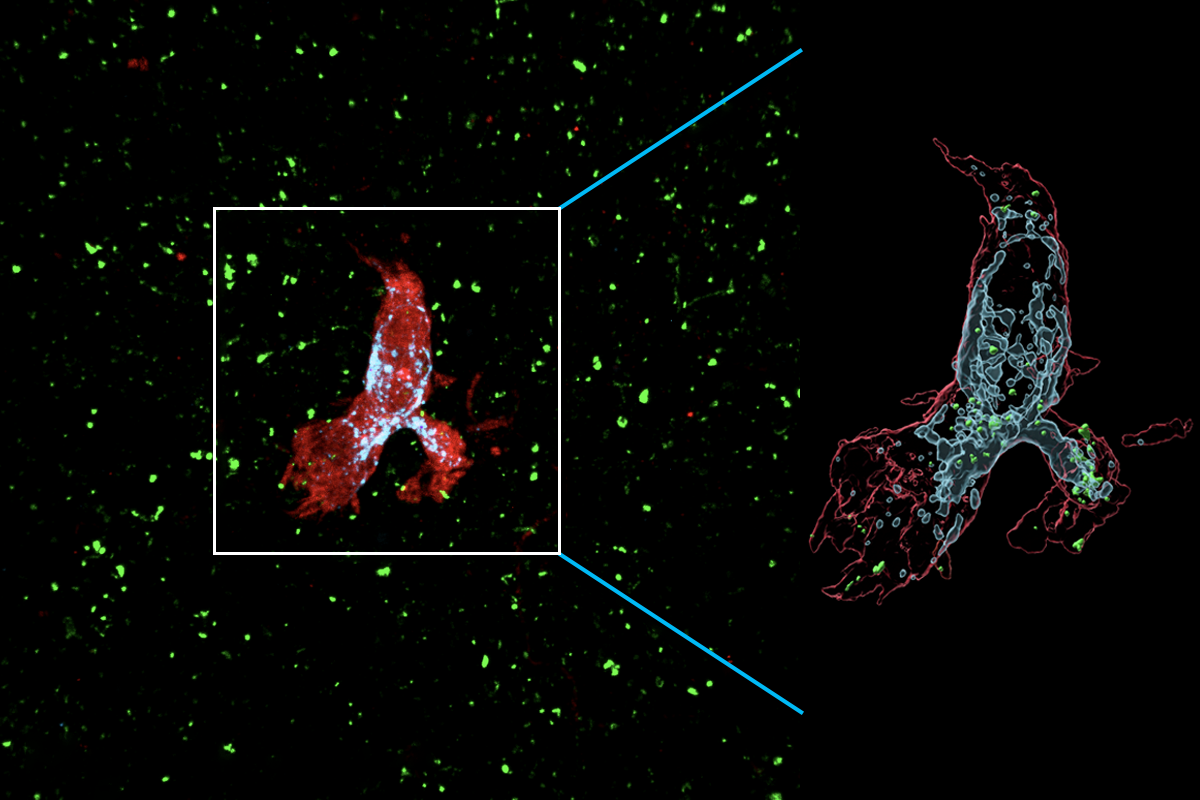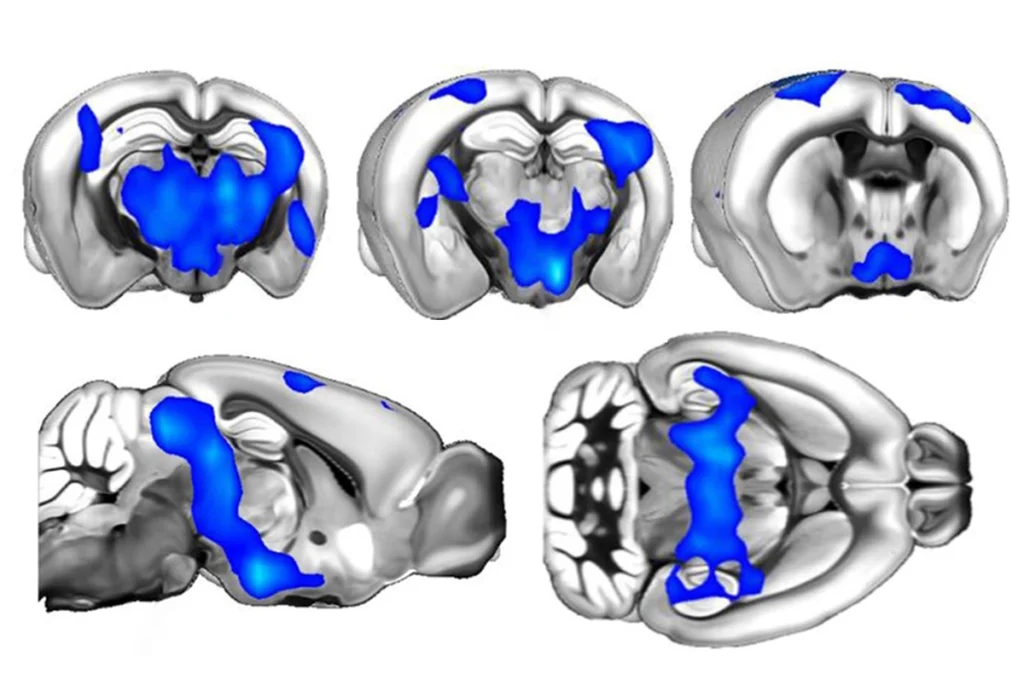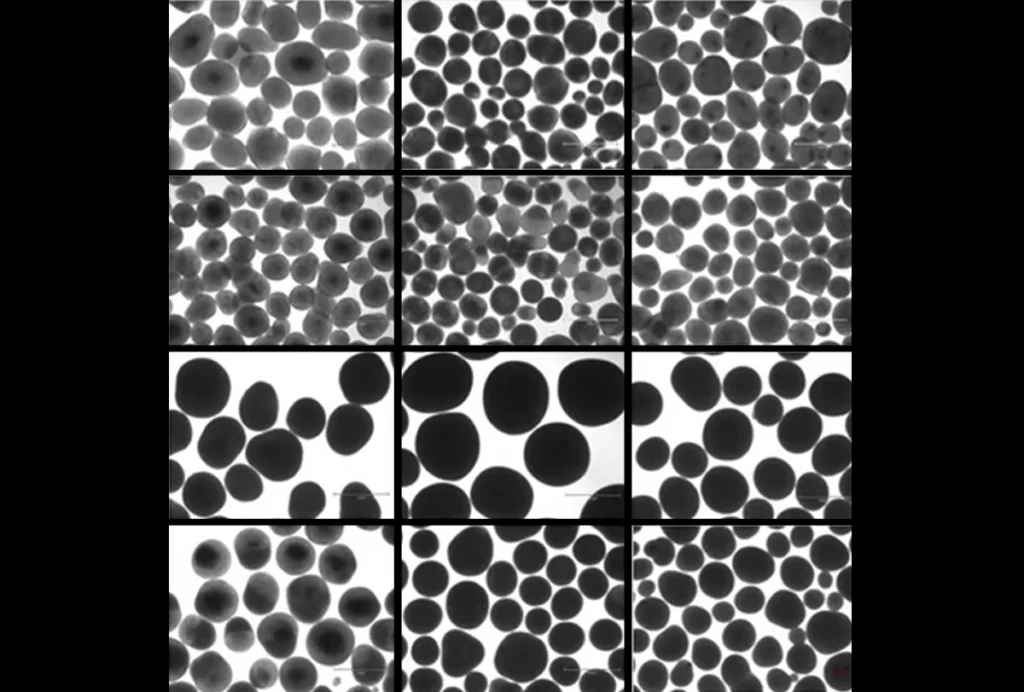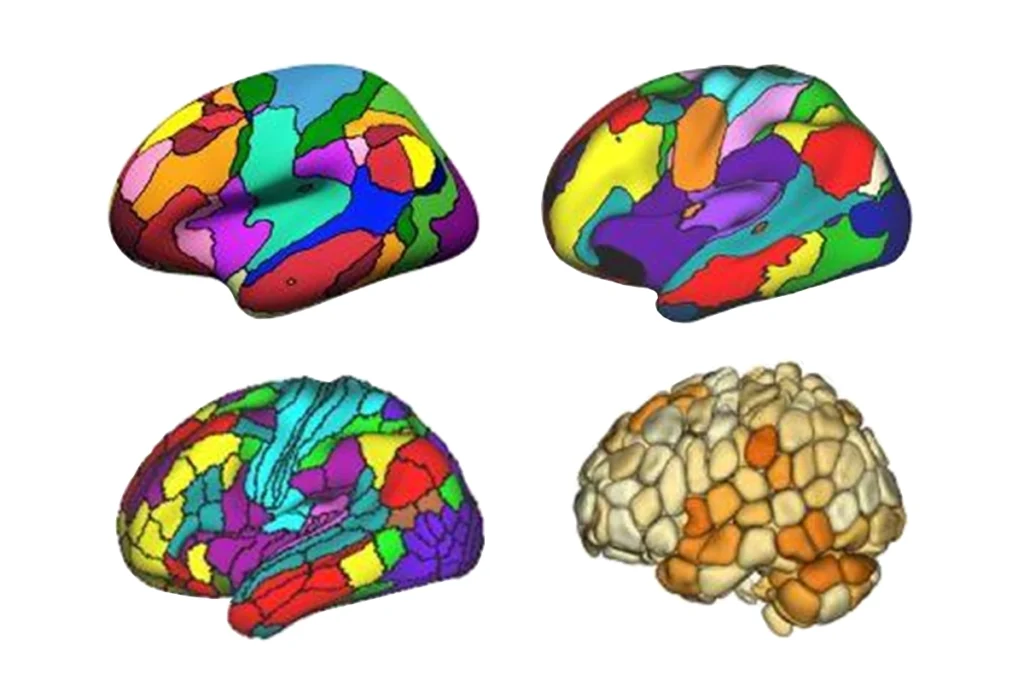- Taking the anti-seizure medication valproate, but not topiramate or lamotrigine, during pregnancy increases the likelihood of having a child with autism. New England Journal of Medicine
- Poor executive function in 3-year-old children with neurodevelopmental conditions seems to predict externalizing behaviors at age 5. Autism Research
- Vascular dysfunction can affect brain maturation and energy metabolism; in mouse models of autism, it appears to cause autism-like behaviors, according to a review. Neuroscience Insights
- Type 1 interferon interacts with microglia during development, and a deficiency of the cytokine in mice leads to an imbalance of excitatory and inhibitory pathways and tactile hypersensitivity. Cell
- Focused interests do not necessarily interfere with learning unrelated vocabulary, according to a study in autistic preschoolers. Autism Research
- Mice missing the SCN2A gene, a model of autism, have fewer neuronal synapses than wildtype mice, a result of overactive microglial pruning during development. Spectrum reported on this research when the preprint came out last year. Molecular Psychiatry
Topiramate during pregnancy; vascular dysfunction; PTCHD1 gene
Here is a roundup of autism-related news and research spotted around the web for the week of 25 March.
By
Jill Adams
26 March 2024 | 2 min read

A moveable feast: Microglia in SCN2A-deficient mice produce more digestive-enzyme-packed lysosomes, shown in blue, than in mice without an SCN2A mutation.
Courtesy Yang Yang / Purdue University
- A group of bioethicists offers up recommendations for how medical schools can avoid ableism in teaching the next generation of physicians. The Hastings Center
- In mice missing the PTCHD1 gene—a model of autism—sounds can prompt facial, ear and eye movements that appear to be an effective measure of sensory sensitivity. Current Biology
- The scientific journal eLife is collecting first-person narratives of autistic researchers in academia. eLife
tags:
Recommended reading

Building an autism research registry: Q&A with Tony Charman
By
Cathleen O’Grady
25 July 2024 | 8 min read

CNTNAP2 variants; trait trajectories; sensory reactivity
By
Jill Adams
23 July 2024 | 2 min read

Brain organoid size matches intensity of social problems in autistic people
By
Holly Barker
18 July 2024 | 5 min read
Explore more from The Transmitter

Cerebellar circuit may convert expected pain relief into real thing
By
Angie Voyles Askham
24 July 2024 | 6 min read

New ‘decoder’ tool translates functional neuroimaging terms across labs
By
Holly Barker
23 July 2024 | 4 min read
Cite this article:
